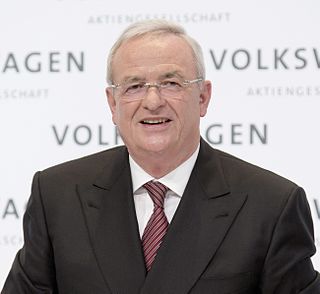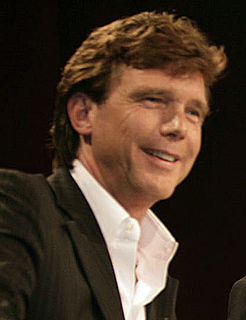A Quote by Toomas Hendrik Ilves
Big data knows and can deduce more about you than Big Brother ever could.
Related Quotes
We get more data about people than any other data company gets about people, about anything - and it's not even close. We're looking at what you know, what you don't know, how you learn best. The big difference between us and other big data companies is that we're not ever marketing your data to a third party for any reason.
It's always this thing about being the big brother and the little brother coming to try to overtake the big brother. That always happens in families and in clubs - the young player hoping to take the old player's position - and City are hoping to overtake United. I don't think they'll ever be able to, though.
The big thing that's happened is, in the time since the Affordable Care Act has been going on, our medical science has been advancing. We have now genomic data. We have the power of big data about what your living patterns are, what's happening in your body. Even your smartphone can collect data about your walking or your pulse or other things that could be incredibly meaningful in being able to predict whether you have disease coming in the future and help avert those problems.
MapReduce has become the assembly language for big data processing, and SnapReduce employs sophisticated techniques to compile SnapLogic data integration pipelines into this new big data target language. Applying everything we know about the two worlds of integration and Hadoop, we built our technology to directly fit MapReduce, making the process of connectivity and large scale data integration seamless and simple.
It happens every millennium. Now more than ever, man threatens to destroy himself with his own technology, and all the ideas contained within Big Brother exist within Little Brother. We're all watching ourselves. We are our own oppressors. This is a time when an idea like God is needed more than ever. For me, I've found that God exists within yourself and what you create. The only thing we've got to look forward to is saving ourselves
A profound transformation is happening here. The framers of our nation never envisioned these huge media giants; never imagined what could happen if big government, big publishing and big broadcasters ever saw eye-to-eye in putting the public's need for news second to their own interests. I approach the end of my own long run believing more strongly than ever that the quality of journalism and the quality of democracy are inextricably joined ... .


































